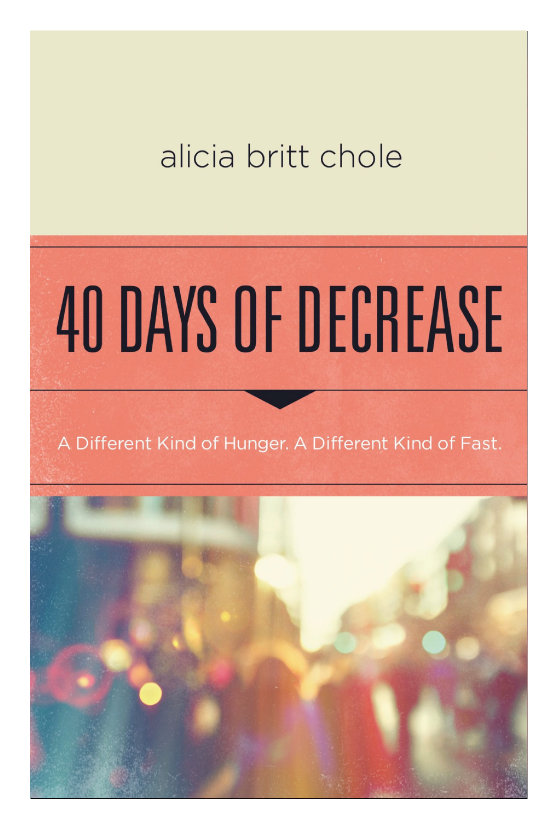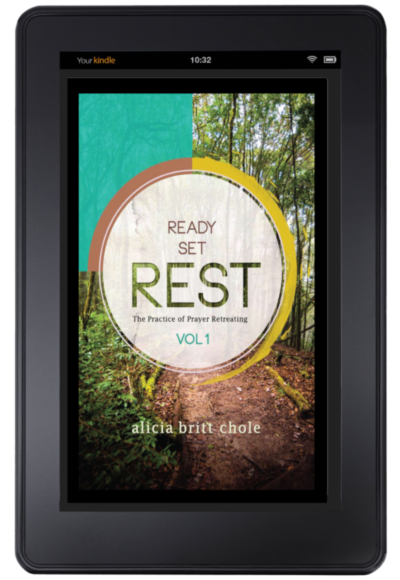
Perhaps emotions should be our guide. Then again, perhaps not.
Imagine that your dearest friend is waiting to board a cruise ship crossing the Atlantic. The captain surprises the attendant by taking the mic, clearing his throat, and saying the following: “This week I’m going to turn off all instrumentation, close my eyes, and navigate by feelings. Don’t be alarmed. I have been sailing for decades and I have a real good sense about this trip.” Your friend immediately pulls out her cell phone. “What do you think?” she asks. “Should I get on board?” Would you encourage your friend to take a seat, to entrust her life to some captain’s feelings?
An imperfect analogy for sure, but my point is that it would be socially irresponsible to encourage a friend to appoint emotions (whomever they happened to belong to) as the sole captain of their life’s course. Life is too precious to navigate by emotions alone.
I believe this principle also has application for the navigation of our spiritual journeys. Emotions are powerful and persuasive. But are they qualified enough, are they responsible enough, to appoint as the sole directors and assessors of our own or someone else’s belief system?
Personally, I do not think so. “It just feels good” is not sound enough on its own to authenticate our own beliefs. Conversely, “I have a bad sense about this” is not substantial enough alone to disregard someone else’s beliefs.
Wherever its roots are, and whatever its object may be, belief is an authoritative substance. It is formative. What we truly believe— for better or for worse—molds us and influences others through us. We do not live and die in a bubble. Who and what we are affects the earth and all her inhabitants. Our matter lives and our lives matter. Considering the weightiness of belief, “It just feels good to me” does not seem solid enough to base something as globally influential as a life upon. If “Does it empower me?” and “Does it feel good to me?” are all we feel obligated to evaluate our beliefs and resulting decisions by, we leave ourselves extremely vulnerable emotionally and socially.

Since emotions are too, well, emotional and many consider truth to be too elusive, what filters can we call upon? Though not an exhaustive list, I would like to offer four potential filters as a start that I will expand upon in the next seven posts:
Is my belief system . . . consistent (at its core)?
Is my belief system . . . livable (and not just quotable)?
Is my belief system . . . sustainable (through life-size pain)?
Is my belief system . . . transferable (to others)?
(These thoughts on faith and friction originally appeared in my book, Finding An Unseen God: Reflections of a Former Atheist. Recently I wrote an article on 5 Be’s for those who love Atheists for Today’s Christian Woman. If you’d like to read that article, click here. )





